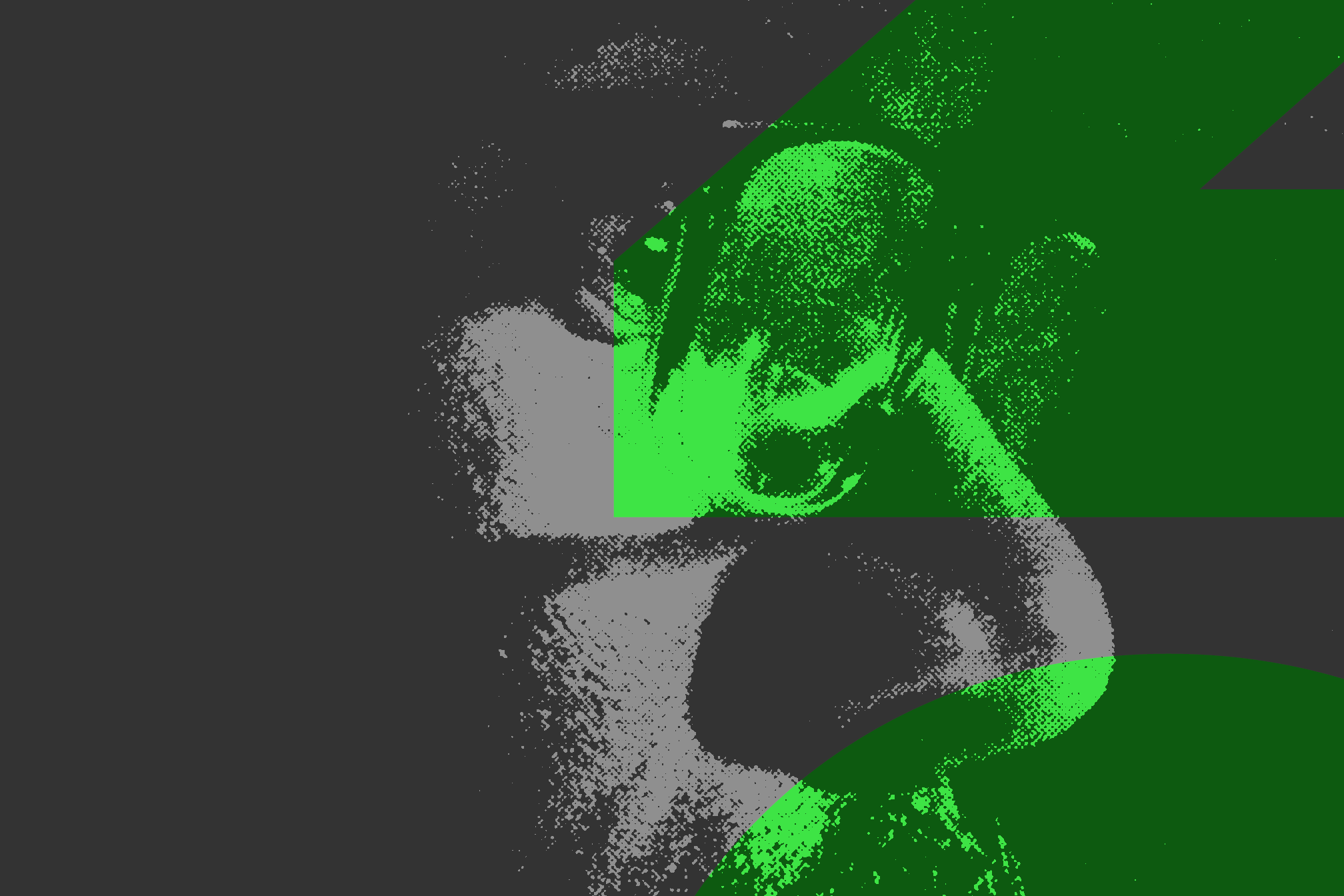 Artists
Artists
Just listen: Larry Heard is the deep house Pioneer who changed dance music forever
Catching up with one of house's undercover icons
Pioneers celebrates the influential careers of truly visionary artists. Next up: Larry Heard
We’re now 30-odd years into this thing we call house music, a musical movement that has become so much more than just “disco’s revenge” (to quote the Godfather, Frankie Knuckles). And as with all historical music scenes, its beginnings have been told and retold, picked apart and examined time and time again to create something of a house music canon. We all know that Knuckles is the Godfather; Ron Hardy is the musically cavalier scientist; Trax is the label that gave us ‘Your Love’, ‘Move Your Body’ and ‘Acid Tracks’; and Chicago was the city that nurtured so much of this radical creativity.
But even with an output so crucial to house music’s beginnings (including a track credited for starting an entire sub-genre) Larry Heard’s story is still somewhat mysterious. There’s no denying his influence on dance music, but we don’t have those broad strokes of character we seem to assign to every other ‘legend’ in the game. It’s immediate why this might be as soon as you start speaking to Heard, who’s always let the music do the talking. Softly spoken, he is as humble as they come. Music is music. He makes it, he loves it, and he hopes others enjoy it as well, which they certainly do.
Born on the south side of Chicago, Heard developed an insatiable hunger for music from a young age, constantly asking his parents to take him along on their trips to the record store. Thanks to a piano in the house he wasn’t a passive music listener either, migrating onto the drums via guitar and bass to play in cover bands before being introduced to synthesizers via a band mate. His first release was ‘Mystery Of Love’ in 1985. Can you believe that? One of house music’s building blocks and a track that’s been sampled by none other than Kanye West was the introduction of his Mr Fingers moniker. The ‘Washing Machine’ EP on Trax was next and included ‘Can You Feel It’, a tune that still inspires producers both young and old today. It was a serious one-two punch.
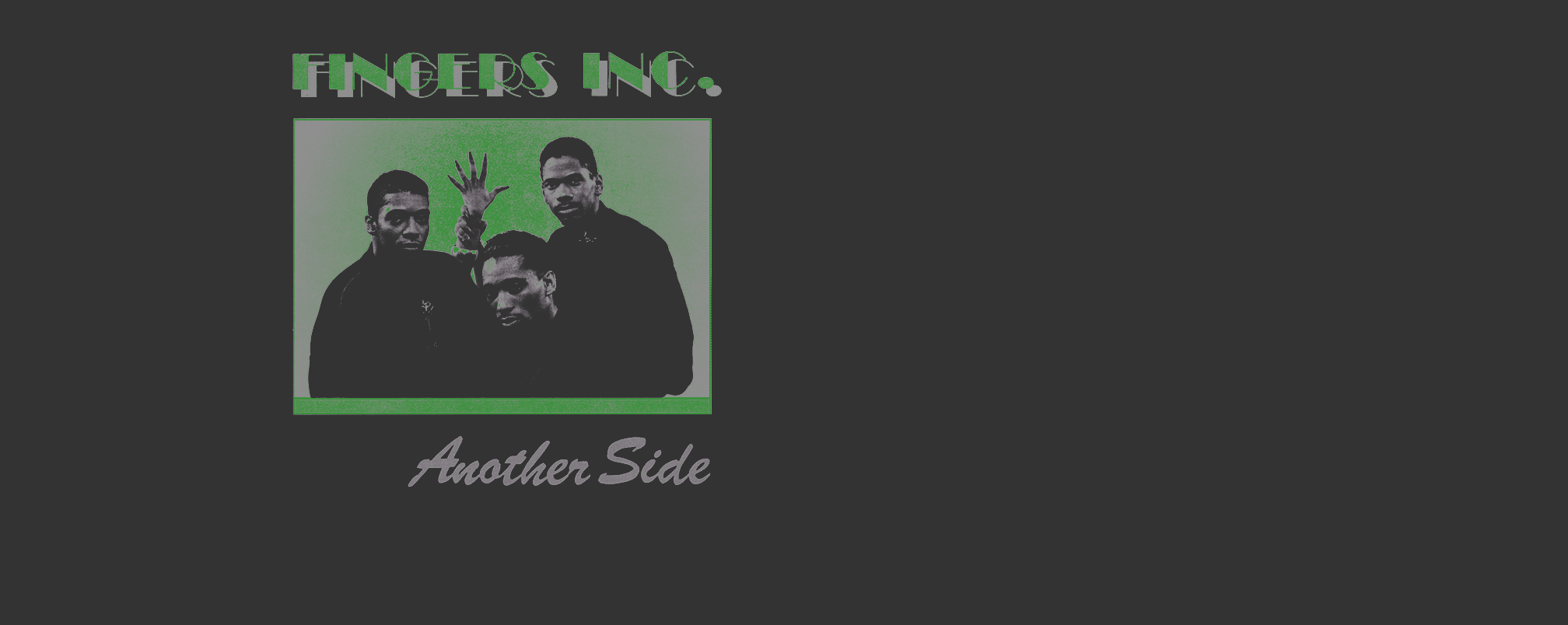
Having joined forces with vocalist Robert Owens and work colleague Ron Wilson to form Fingers Inc, Heard put out iconic album ‘Another Side' in 1988. It was a watershed moment that could have been the beginning of a group destined for greatness. The music was revolutionary and funky. The album cover gave them a visual identity in a similar way pop stars were being marketed at the time. But it ended up being the only album they’d release and Heard slipped back into other projects. ‘Introduction’ came in 1992 as Mr Fingers and it wasn’t until 1994 that he’d release music under his given name with the ‘Scenarios Not Songs, Volume One’ LP. It's clear the spotlight was never important, and Heard's prolific work ethic manifested itself in the only thing that matters, the music, which he never limited to a single musical style despite being anointed the inventor of deep house.
Throughout the 90s and 00s, Heard continued to innovate. He created new aliases, continued to collaborate and continued to produce tracks dripping in emotion and groove ('Burning' and 'Missing You' instantly come to mind). In 2012 he retired from touring due to ear damage, a decision he took in his stride, but returned to gigging last year with a live show and has announced more dates this year. He's also announced a new album is coming next year, his first since 'Loose Fingers (Soundtrack From The Duality Double-Play)' in 2005.
We caught up with Larry Heard before he makes his debut appearance at Dekmantel, a festival that has always celebrated creativity and innovation within music.
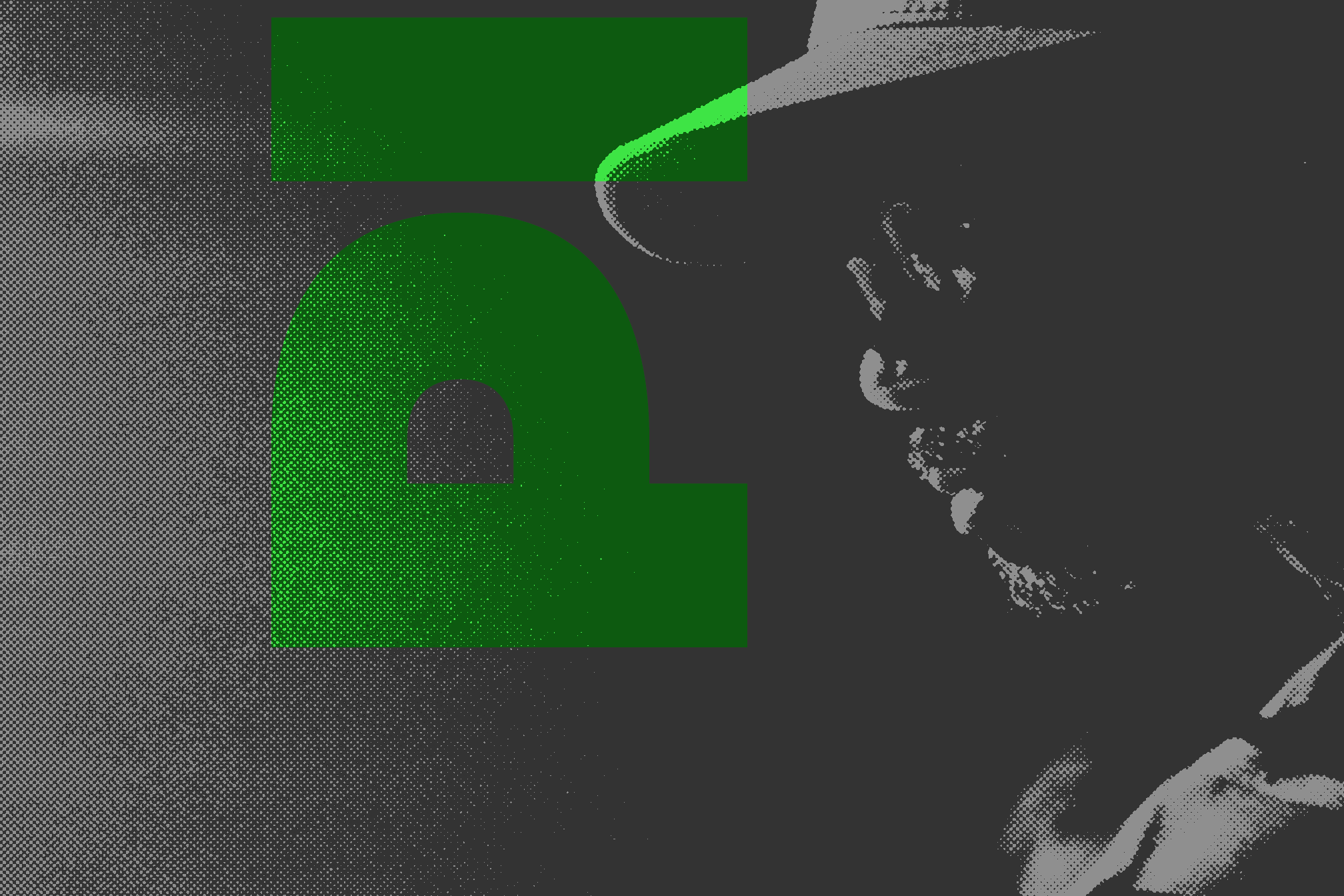
I read somewhere that you were just trying to make disco but it came out wrong, is that true?
When you’re not doing it with the budget of Giorgio Moroder then it’s going to sound different and more stripped down. I think that counts for the raw flavour of the productions in Chicago and in Detroit because no one had access to state-of-the-art studios and state-of-the-art equipment so there was a lot of ingenuity crammed in there.
You have a background of playing in bands in Chicago. When did you start wanting to create music by yourself?
I always grew up with a piano in our household so we always tapped on that. Then synthesizers came around [but] I didn’t really see any in front of me until the 70s when I was starting to play in bands and the keyboard player would have a synthesizer. That was about the closest I had been to one to tap on them and see what they could do. So I was always interested. But then after leaving the last band I was in, which is about ’83, that was when I started to save up to buy a synthesizer.
A description that seems to have followed you during your career is that you’re a ‘real artist’, you brought jazz and soul to something made by machines. Do you think that’s true?
I come from a background infused with tons of soul music and playing in soul and funk bands so maybe I just have some close-up experience. It’s more than just listening; it’s involvement: playing Cameo songs and Confunkshun songs, and Earth, Wind And Fire songs in cover bands.
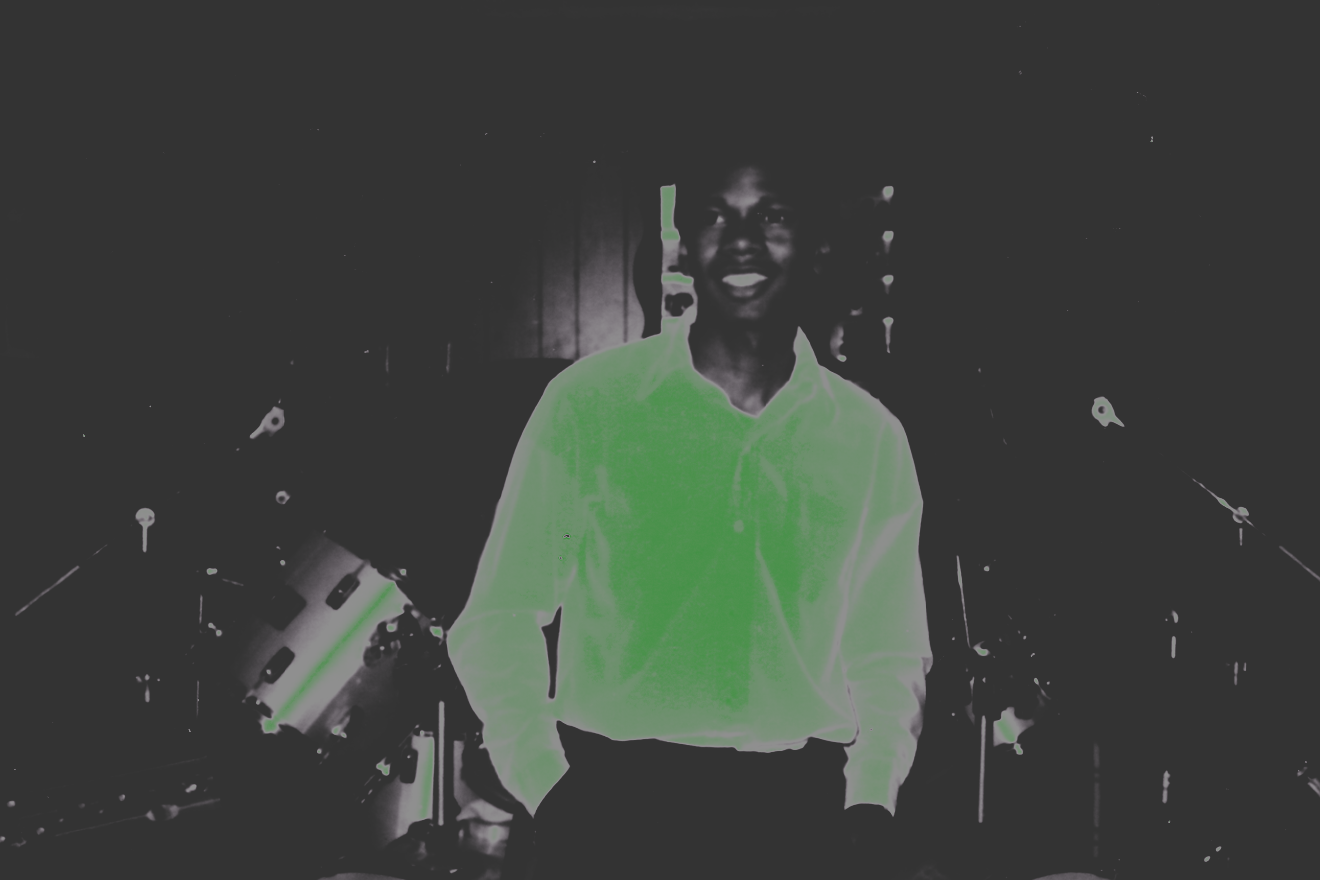
What were the instruments that, in the early stages, you felt like you got the most out of?
Well I didn’t have that many. I started off with the Roland Jupiter 6 and I had a DX7 and a Roland TR707 so everything I had, I had to get the most out of.
How many of those early tracks like ‘Another Side’ and ‘Mystery Of Love’ and ‘Can You Feel It’ were made with just those instruments?
‘Can You Feel It’ was the Jupiter 6 and the 707, that’s all. And a lot of them, ‘Mystery Of Love’ and ‘I’m Strong’, those are DX7 and Jupiter 6 so every song was made with what I had available until I was able to save up and buy more gear slowly.
I read those tracks came together either by accident or quite easily. What does it mean to you that those tracks have become such staples of house music?
Well, it's great! I mean that’s the ultimate intent of anyone putting a piece of music together or production, you want people to enjoy it. So yeah, it’s great that people responded so positively to it and continued to over the years, moving on to younger generations of people discovering it and enjoying it as well. It’s excellent! I couldn’t ask for anything better.
Since you released those tracks, what do you think have been the biggest changes in house music?
There’s been a turnover in audience and some older ones are now your parents and grandparents so you see it just evolved like everything else around us. It’s not the same group of people doing the same thing. Even at the magazine you work for, 20 years ago it was a whole different crowd of people. Music is not like an alien life form, you’re still people from the planet earth doing stuff.
You’ve always had a lot of aliases, what is it about being able to produce under multiple names that you enjoy?
It’s fun! You can put that alter ego in names, attach it to things. And it was just kind of following the blueprint guys like George Clinton had started.
Parliament-Funkadelic have had quite a big influence on your career, haven’t they?
Well it was kind of my musical upbringing, even before there was a career. My dad brought home the Funkadelic album, the first one, with the faces going in the circles. He brought that home in 1970 so that’s a long time before ‘Mystery Of Love’. I had 15 years of hearing these Funkadelic albums and Parliament albums and Brides Of Funkenstein, Parlet and all the spin offs that started to come out of it. I checked out all of them. Me and my older brother fought over the ‘Mothership Connection’ albums, “That’s my album, yours is scratched!” So it was family and family interaction and musician interaction combined.
Fast forward to today, can you tell me a little bit about the double LP that you’ve got coming out this year? What kind of direction are you taking with it?
I think I’m still kind of falling in line after the sequence of albums that I’ve already had released. It follows behind them even though there’s this period of years in between the last one. I still think it will make sense to people who know the first song, right on up to people who heard ‘Qwazars’ and liked that a whole lot. I don’t even know how to fully describe it. Music has a way of describing itself to the listener and the definition ends up being different for different people. So it’s maybe painting yourself into a corner to kind of pigeonhole it as opposed to letting people freely check it out and decide for themselves.
It gives the listener a role to play in it too as far as deciding what it is for them. One person can hear a track and say “oh, that’s deep house” and then you have an argument “no, that’s tech-house!”, “no that’s house” and all this stuff that I don’t even want to be bothered with because I just want to hear the music. I don’t want to get into dissertations and writing a thesis on why I think this, that’s kind of going overboard. You can do that with ‘Songs In The Key Of Life’. Just love that album.
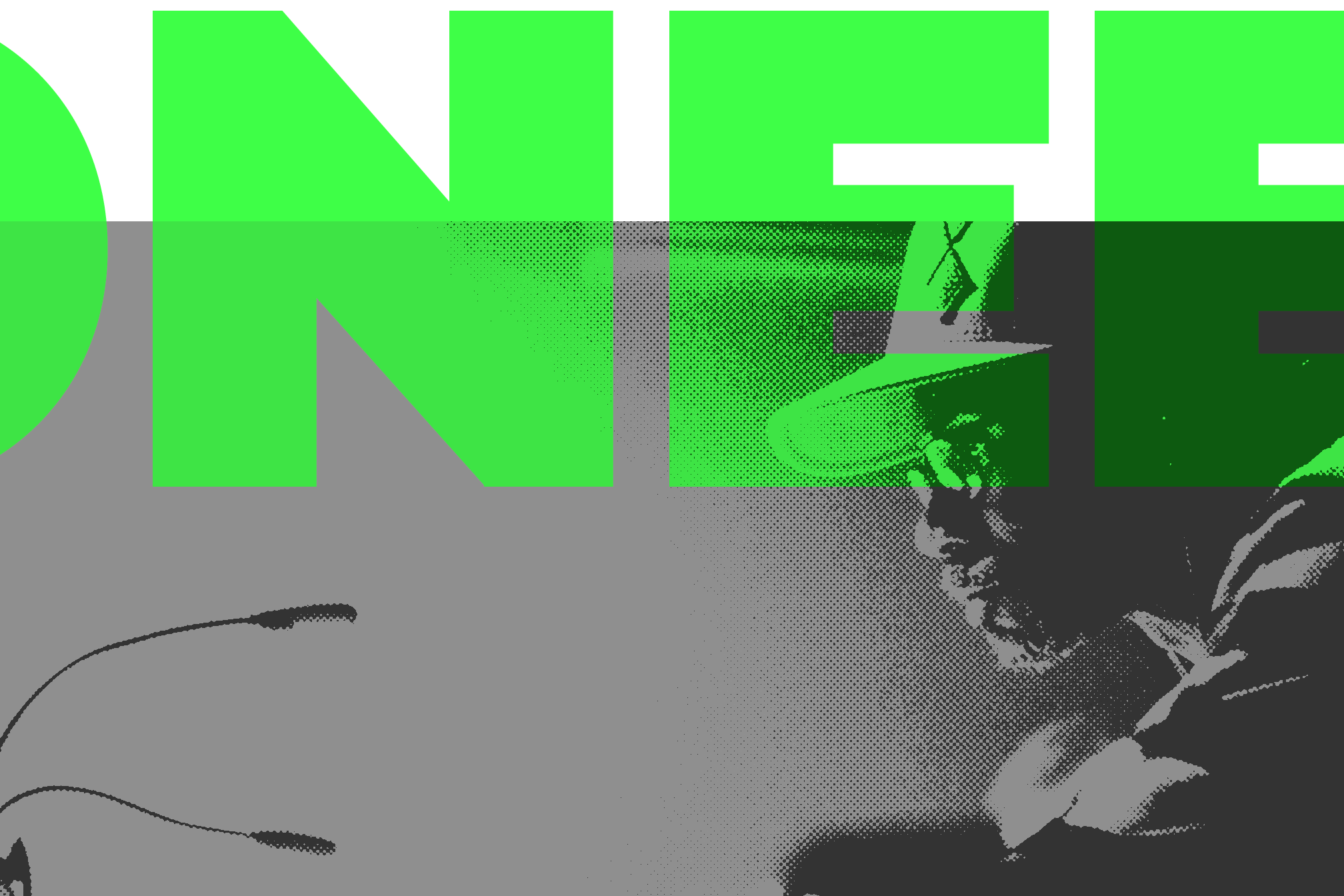
There are a lot of people who feel you created deep house. Do you care about that? Do you think that’s true? Do you align yourself to genres?
I definitely would [have] played some role as far as acid house and deep house [goes] just because of where my personal style fit. Not because I just decided that I was going to do acid house or decided I was going to do deep house. It just happened to be that that’s when it fell in place for the people on the dancefloors and the guys and ladies DJing and how they would program it to fit in a set.
Would you say the new album is for dancefloors or has it got a mixture?
It’s got a mixture of dancefloor and at home. I always try to do that and not just be exclusively so underground that it has no place overground. You want to make it accessible. Of course you have a certain amount of obligations with the people who have followed you for years but you still want the potential to open things up to new people who have never heard of you.
The current political climate feels unprecedented to a lot of people. Do you think that has fed into your music at all?
It’ll be more kind of getting away from some of that stuff. Again, just getting to something a little more soothing, kind of therapeutic as opposed to just arguments and discussions and debates and stuff like that. That’s not how music is supposed to be. It’s supposed to be an enjoyable thing. Maybe if you’re at college taking music I understand you have to sit in front of a professor and all that kind of stuff, but as a kid, when I was buying 45s the last thing I wanted it to be was hard and depressing. You wanted it to be fun.
Unless it was an argument with your brother about who had the scratched Funkadelic record?
We knew it was his! He was just trying to get my fresh copy that’s all! [But] that’s what it is [all about]. It’s more things attached too music, and like I said it’s my dad and mum. I sat in a room while they were playing music and my dad [was] listening to Sarah Vaughan and Count Basie, Sha Na Na, Little Anthony and the Imperials. And most kids tend to emulate what their parents do, so I wanted to go when they went to the record store and save up my lunch money and buy a 45. So there’s a family tie into it too, it’s not just all escaping, it’s embracing something that they enjoy. Where as most of the time kids want to do the opposite, prove that they’re so different. I want to go to the store with you so I can look around and see what I want to buy.
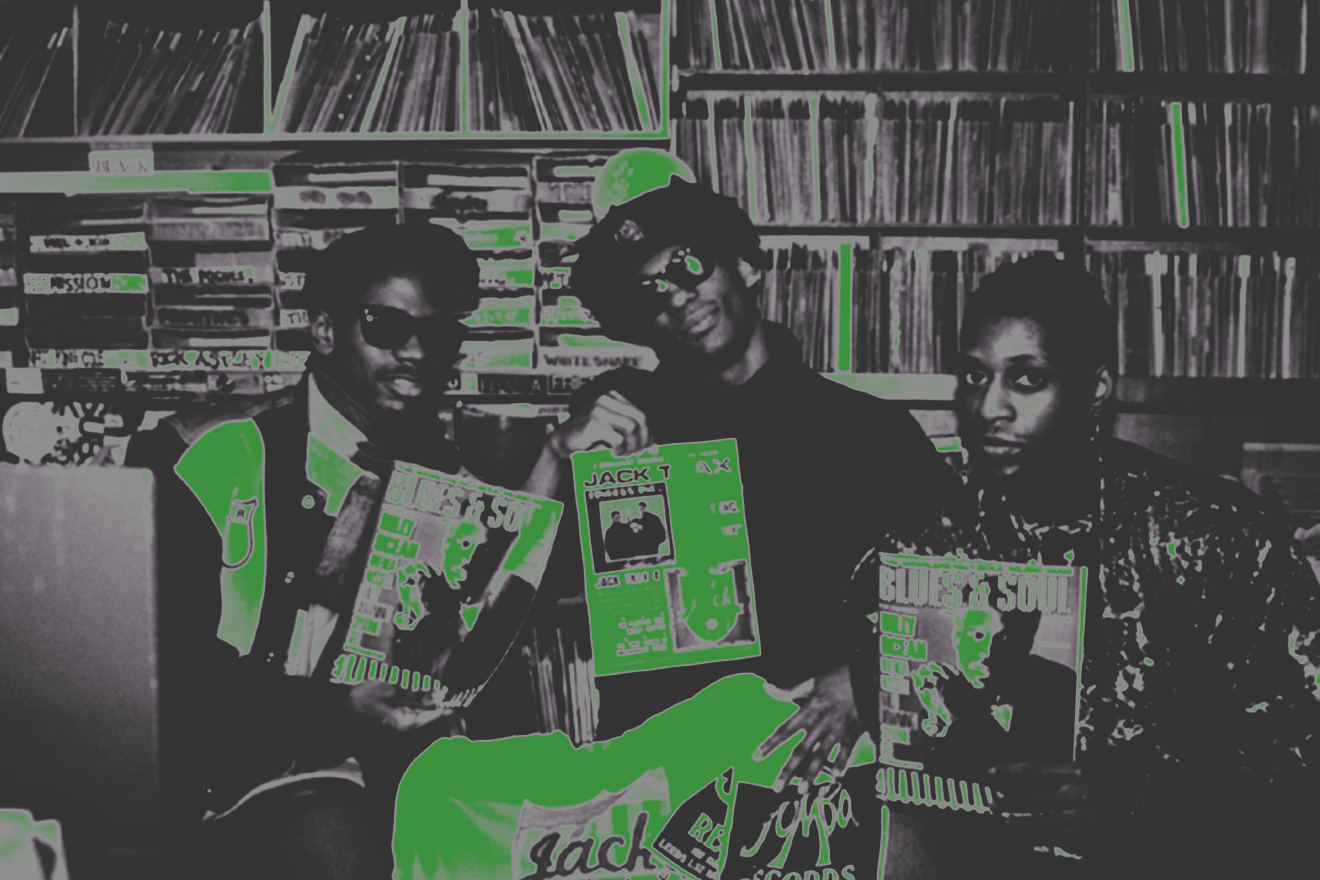
A year ago you had plans to release a lot of unreleased music but the mini tour that you did put that on hold. Do you still have plans to release from your extensive archive or old tracks?
Yeah I want too! That’s kind of the thing, if I’m on tour then that means that everything in the studio is on hold. That’s what has always come into play even over the years where, as I started to do more DJ gigs and I was doing that, the releases slowed down just because of the sheer amount of time that you’re away. So it’s just a natural occurrence. You can’t be in two places at one time. It's not like a staff here like Teddy Riley or L.A. Reid, and Babyface probably had a staff of dozens of people. That’s not what we’re working with over here. We’re a skeleton crew like most folks in the independent sector.
Speaking of the tour, are you excited?
Yeah!
What were the reasons to extend the amount of shows you wanted to do?
People just wanted to see it. It started off at Dimensions. One of our friends and business colleagues who works with the festival actually suggested it and it was the furthest thing from my mind at the time. But once he brought it up I had to do some research and see because even words take on new meanings as time moves forward, so I had to literally look up a live performance and see what it means right now.
What does a live performance mean for you right now?
It’s always slightly different so I had to find out [from] the up-to-date artists that are doing things right now, peek in and see some YouTube footage to give you some ideas of what would be required.
What artists did you take inspiration from?
I can’t remember but I think my manager kept telling me to look at Jamie xx and different guys like that and their shows and the visualisations that are attached to it. I think that’s where I started and just kind of wandered around.
What does your show consist of this year in terms of personnel?
It’ll be myself and Mr. [Chad] White still
and then we have a guy doing the graphics for us, his name is Daniel. That’s
pretty much it, as far as we know. The ones directly involved in the show are
myself and Chad playing keyboards and singing along with tracks, that’s pretty
much it.
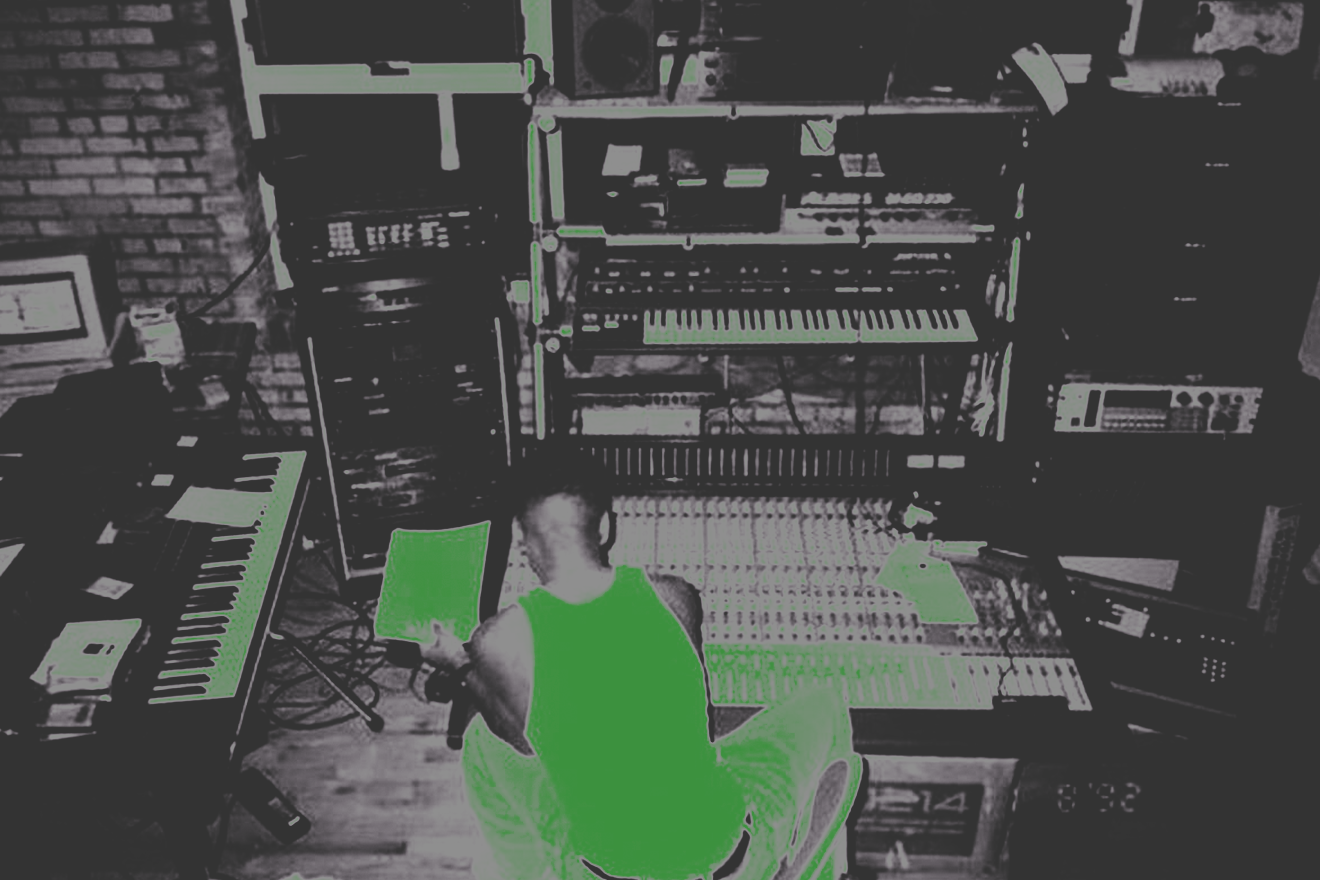
This series is all about talking to pioneers of dance music and you’ve always been described as such. Was there a point in your career when you realised you had picked up that tag?
I think that pretty much started immediately as the media became more aware of the growing house/techno scene. It wasn’t us saying it, it was more the media saying stuff because do regular people talk to each other like that? No.
Was there a point where you realised or thought ‘I can make music for the rest of my life now’?
You can’t really get like that because it’s so up and down. You don’t know what you’re going to be able to do. If you can do it, it’s great and you’re thankful for it but if you can’t, it’s not like I’ve never had another job. So, yeah, you do what you have to do to survive.
What does it mean to you when people talk about you as a pioneer of a genre that has become so big?
I think the definition for pioneer is still the same. People can come early on in the inception of whatever it happens to be. So I guess it’s accurate. It’s not something myself and Jesse Saunders and Jamie Principle may be sitting around in a room saying “ooh let’s be pioneers”. No, nobody is doing that. You’re just doing what you’re doing and if you happen to be pioneering something then you just happen to be. And that’s what it was for me; I didn’t know we were pioneering anything. Of course I knew that synthesizers and drum machines were a newer thing that was coming into play with music and I grew up around a lot of hardcore musicians where they didn’t want nothing to do with synthesizers and drum machines and any of that technology stuff. So they left it really open for the ones who were interested in tinkering with the stuff. That includes even someone who is a hardcore musician like Herbie Hancock, he just embraced what was going on technologically and the same thing with Stevie Wonder. There’s a lot of guys who embraced it but some wanted to keep it more traditional.
Has embracing technology and new ideas in your music always been important for you in your career?
I can’t say I really think about it. If you come across something and it seems like it will be helpful to what you’re doing, that’s what I kind of think about, practicality, not just buying every synthesizer because a new synthesizer comes out, no way. [Or] buying new programs just because a new program comes out, you always find yourself starting over because when you install all new software you have to learn how to use it. So everything would be like starting over every time. I just get tools that work for me. They don’t have to be fancy; they don’t have to be the latest thing or the biggest thing that the company offers. It just has to work.
Larry Heard presents Mr Fingers plays Dekmantel's Main Stage at 19.45 on Sunday August 6
Listen to Larry Heard's Pioneers playlist on YouTube here
Louis Anderson-Rich is Mixmag's Digital Intern. Follow him on Twitter


